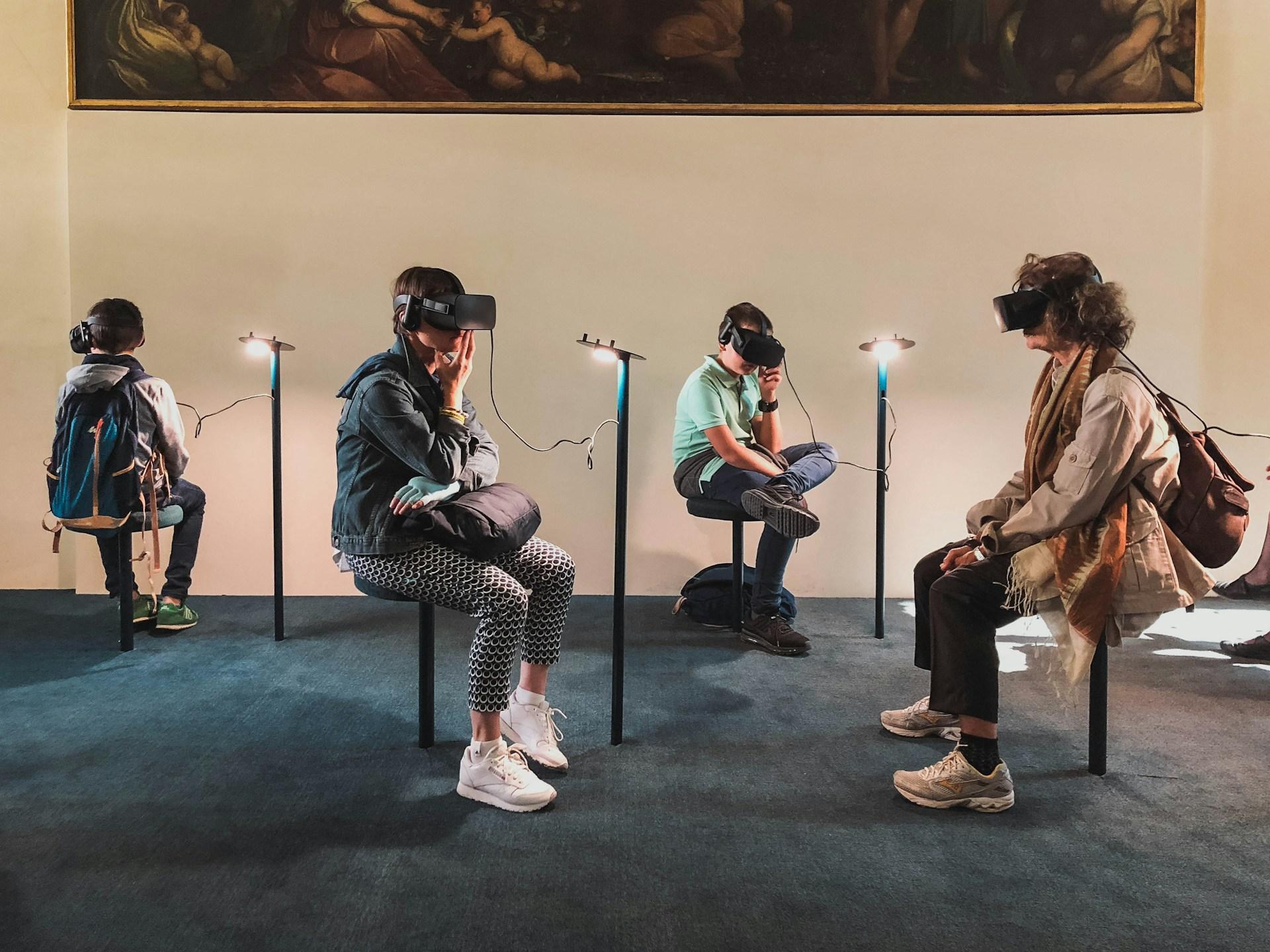Gen Z is coming up in the world. This generation is expected to take up almost a third of the global workforce by 2025.
But why are Gen Zers saying no to 9-to-5 jobs? Is their sense of entitlement truly that strong? Or is it just a generational gap between Gen Z and their ‘Boomer’ employers? Closing that gap might be more crucial than ever.
No Time for Anything

A Gen Z TikToker’s rant about not having time to do anything went viral last year. The video has since been used as an example of how “Gen Zs are lazy.”
The TikToker Brielle questioned if she was being dramatic by pointing out not having time to do anything. “I want to shower, eat my dinner and go to sleep. I don’t have time or energy to cook my dinner either. I don’t have energy to work out, like, that’s out the window,” she ranted.
Gen Z and Traditional Schedules

A new study from Credit Karma reveals that 43% of Gen Zers are not interested in traditional schedules or a classic career path.
Working hours have evolved over the years. But many Gen Zers share Brielle’s views that the traditional working hours of 9-to-5, Monday to Friday model are inflexible. After all, there’s already a bill proposing a shorter workweek.
The Wage Doesn’t Cover It

One reason why Gen Zers don’t like those traditional hours is that the hours don’t match up with the wage.
Previously, when Gen Zers started to work during the pandemic, they accepted their low wages because there was no commute and they could eat at home. But now, the same wage is expected to cover the commute, the meals, and the clothes they wear to work.
Other Reasons for Rejecting

The Credit Karma study also revealed that, besides being dissatisfied with their wages, Gen Z workers blame the 9-to-5 working hours for other things.
49% of those surveyed blamed the schedule for their poor mental health, while 47% of them felt unfulfilled. Seeing how many people working outside the traditional hours are able to make money also inspired 40% of them to reject these standard working hours. A smaller number (33%) found it difficult to set a work-life balance.
Influencer Culture

Many Gen Zers on TikTok may also have shared Brielle’s sentiments due to the examples they see on social media. For many, making money as social media content creators is more lucrative than having a traditional job.
An interview with a young creator with two college degrees and three languages revealed the mentality of “if it works for others, why can’t it work for me?”
Not the Best Reputation

Thanks to these notions, Gen Z admittedly doesn’t have the best reputation in the workforce. They’ve been labeled toxic by small business owners.
In the survey (a Freedom Economy Index report by PublicSquare and RedBalloon), around 70% of small business owners said Gen Zers are the least reliable and most likely to have mental health issues in the workplace.
An Unfair Assumption

However, some HR experts are defending the Gen Zers. HR consultant Bryan Driscoll is one of them and he said the assumption that Gen Z is toxic for the workplace is unfair.
Instead, Driscoll would like to ask the employers to reflect on whether they’ve met the needs of their staff. What these employers take as entitlement or unreliability is perhaps just the Gen Zers’ expectations for transparency, inclusivity, and purpose at work.
Quality and Boundaries

A Gen Z writer for The Forage suggested for those employers that instead of focusing on the number of working hours, pay attention to the results.
Another point she underscored was about boundaries and expectations. And she’s backed up by a Gen Z CEO who said, “As a Gen Zer diving into the workplace, a couple of bumps in the road really grabbed my attention — one biggie is finding that sweet spot between work and life. Setting boundaries and respecting personal time could work wonders in preventing burnout.”
No BS, Please

The Forage’s writer also brought up another good point: Gen Zers don’t tolerate BS from the employers. If a company’s values don’t match up to their own, a Gen Z worker would prefer to leave.
Another HR consultant, Dan Space from DanFromHR.com, can confirm this idea. “Gen Z is one of the most informed, confident and no BS generation because they saw what happened to the millennials before them,” he said to Newsweek.
Taking Cues From Millennials

If any employer still feels their Gen Z employees are acting up, they could probably also blame the generation before: the Millennials.
Millennials hold similar values that Gen Z now holds about their employment, particularly about the work-life balance. There are differences, of course, but the small gap between their ages imply that Gen Z has a ready-made set of examples of what to do and NOT to do.
It’s the Future

Whether employers like it or not, Gen Z is here to stay. The statistics show that, by 2030, they will make up 30% of the US workforce.
That’s why Driscoll is advising employers to embrace change. “Instead of bemoaning younger generations, employers should consider that maybe Gen Z is on to something. Maybe there are better ways to work.”
